In July 2001, Portugal decriminalised the personal use and possession of all illicit drugs. At the time, the decision was a world first, and since then, organisations across the city have continued to advocate for the health and social needs of people who use drugs.
Here, we go behind the scenes of three organisations – CRESCER, GAT, and Ares do Pinhal – that are all working on different ways to provide hepatitis C testing and treatment for some of Lisbon’s most marginalised drug-using communities.
Decrim didn’t happen overnight
Dr João Castel-Branco Goulão has been head of the General Directorate for Intervention on Addictive Behaviours and Dependencies (SICAD) since 2005 and was an influential figure in the Portugal government’s decision in 2001.
Dr Goulão has been vocal in reminding the world that the ‘Portuguese model’ wasn’t a one-off decision but instead built upon the country’s earlier response to drug-related harms when they began entering the country in 1974 after the revolution. The 1980s led to the onset of HIV infections, the spread of aids as well as drug-related overdoses.
I believe that a health and social approach was prioritised for these drug-related problems, because they were so transversal and crosscut all areas of society. It was; ‘my boy is not a criminal; my boy is someone in need of help, in need of treatment, in need of care.’ Our national approach to the drug problem came mostly from the fact that it was so present everywhere, in every family.

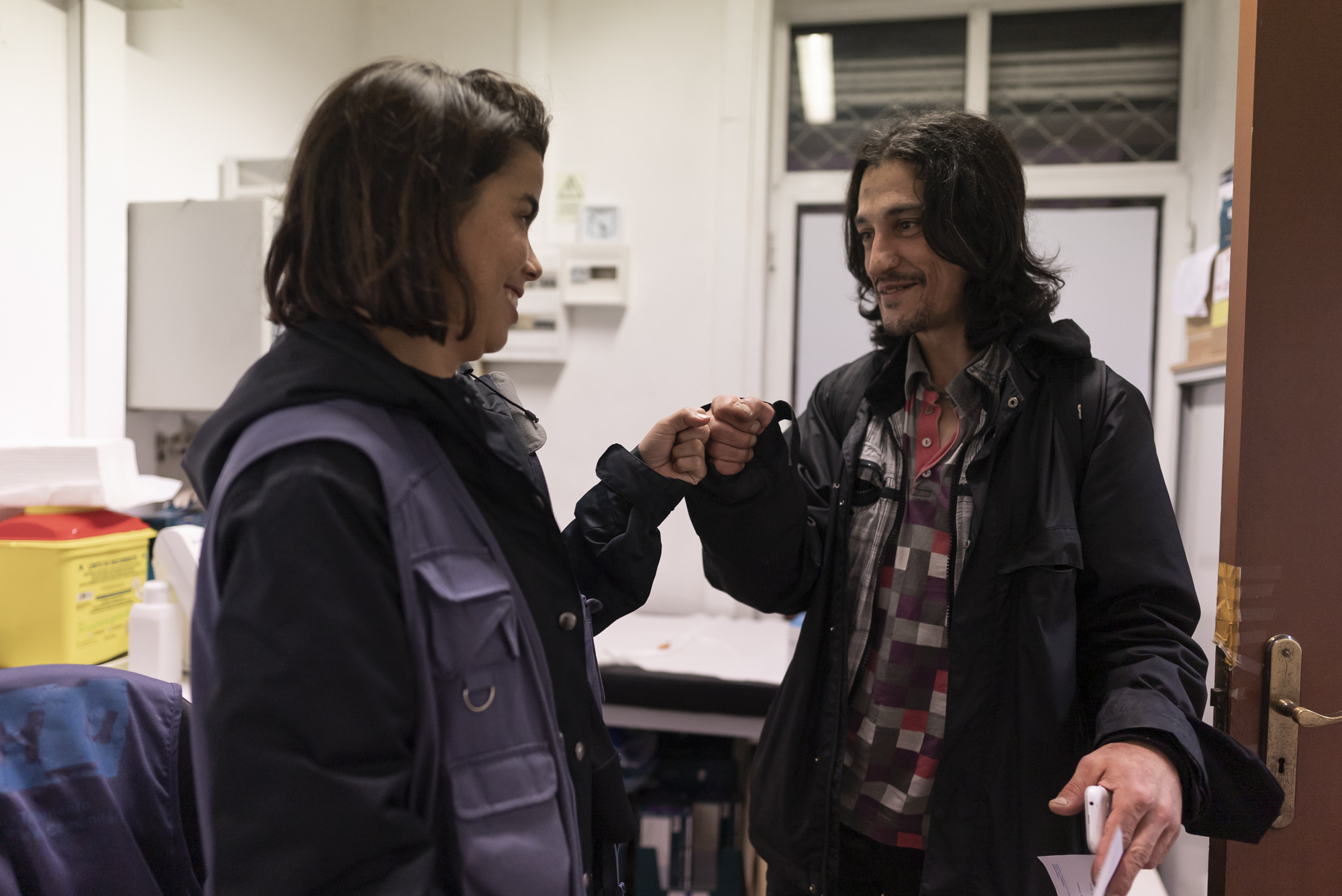
The fight against hepatitis C
Physician Dr Ricardo Baptista-Leite had a deep passion for public health and infectious diseases long before he became interested in politics. He has served four terms in Portugal’s Parliament and is also the Founder & President of UNITE, a global network of parliamentarians committed to achieving political impact towards ending infectious diseases as a global health threat.
Dr Baptista-Leite was one of the most active parliamentarians pushing for Direct Acting Antiviral (DAA) medications to be approved by parliament to ensure they could be used to treat those in Portugal living with hepatitis C. He is passionate about ensuring treatment for all, and the importance of early diagnosis – and not just with with hepatitis C that early diagnosis is needed. He believes that, at large, there is a need to focus more on prevention, more on early diagnosis, and more on access so that everyone, regardless of the kind of condition they are living with, has access to the best opportunities to live a productive life with the quality of life and wellbeing that they deserve.
It’s not just about getting access, it’s about being timely about what we do, especially when it comes to healthcare and making sure that we prevent everything that is preventable, and we cure everything that is curable. That means we need to diagnose. And there has not been enough impetus to, in terms of early diagnosis.
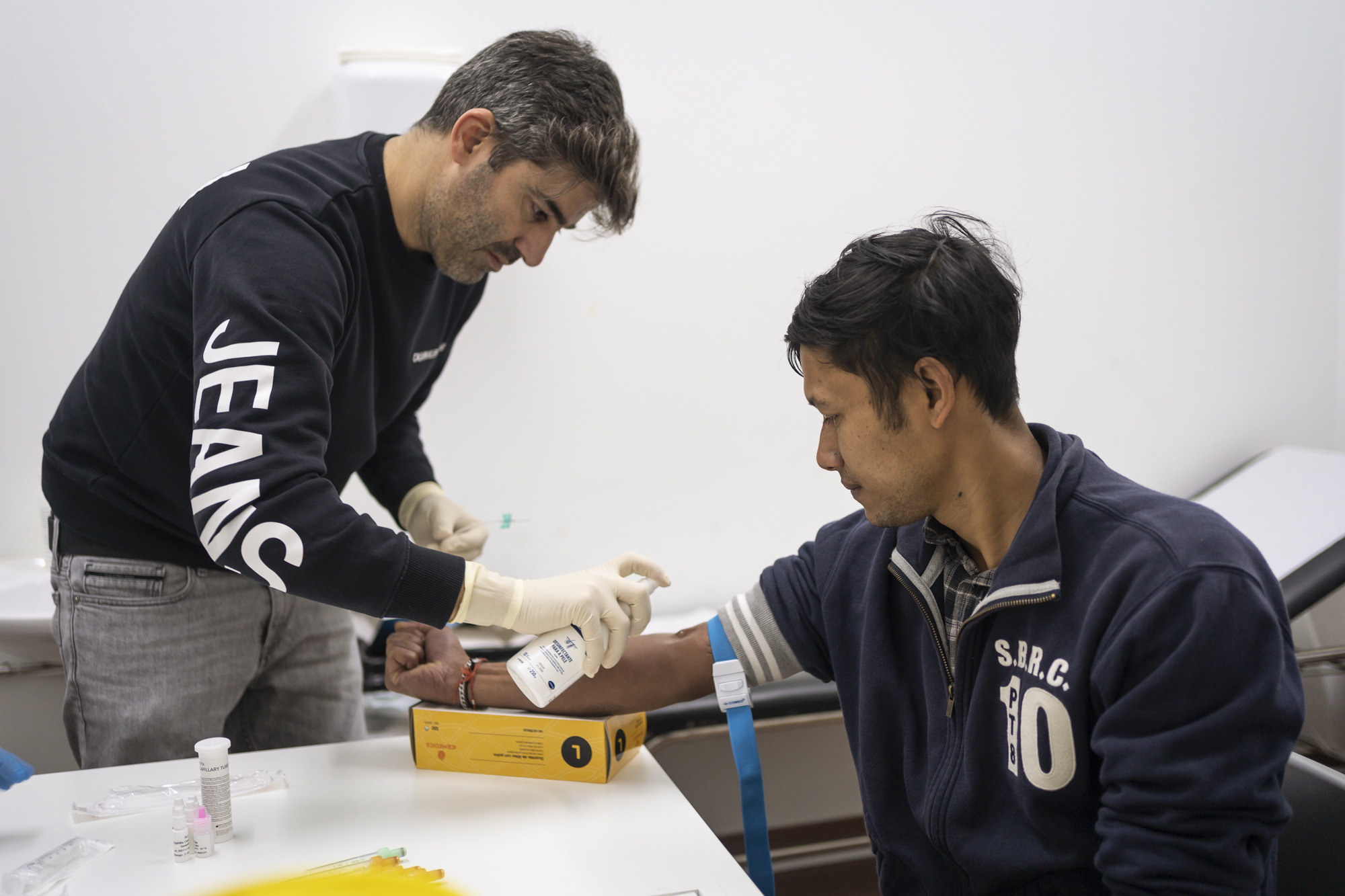
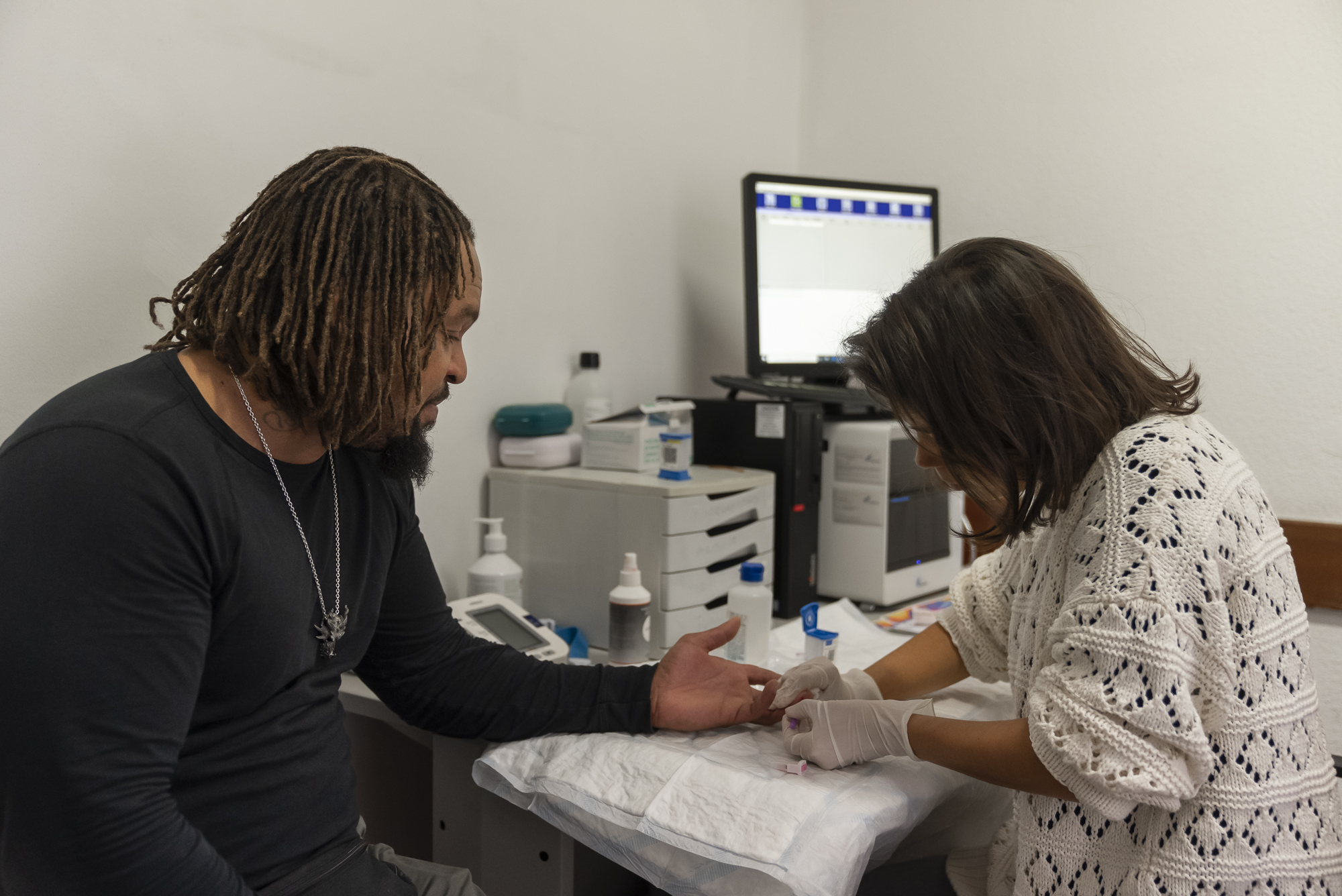
The introduction of Direct Acting Antivirals – and prescribing them outside of hospital
Dr Rui Tato Marinho, Professor of the Faculty of Medicine at the University of Lisbon (FMUL), is considered by many to be the father of hepatitis C. Dr Rui Tato Marinho was a crucial figure in the Portuguese push to approve access to Direct Acting Antiviral (DAA) treatments in 2015.
In 2015, it was very emotional because there were patients that I’d seen for 30 years, some who’d seen friends and colleagues dying from liver cancer, and some that were treated three times within interferon, and nothing happened. So, when DAAs were introduced, it was a period of very strong emotions, people crying, embracing the doctors, and the staff was very emotive, very positive. Now taking the medications is normal, almost like taking aspirin or an antibiotic.
In recent years Dr Rui Tato Marinho has been pivotal in pushing hepatitis C treatment outside of his Santa Marisa Hospital and ensuring community-based organisations provide it alongside their other harm reduction and health services for people who use drugs. In Lisbon, CRESCER, Ares Do Pinhal and GAT are three critical organisations at the forefront of providing hepatitis C testing and easy linkage to treatment for the city’s most marginalised drug users.
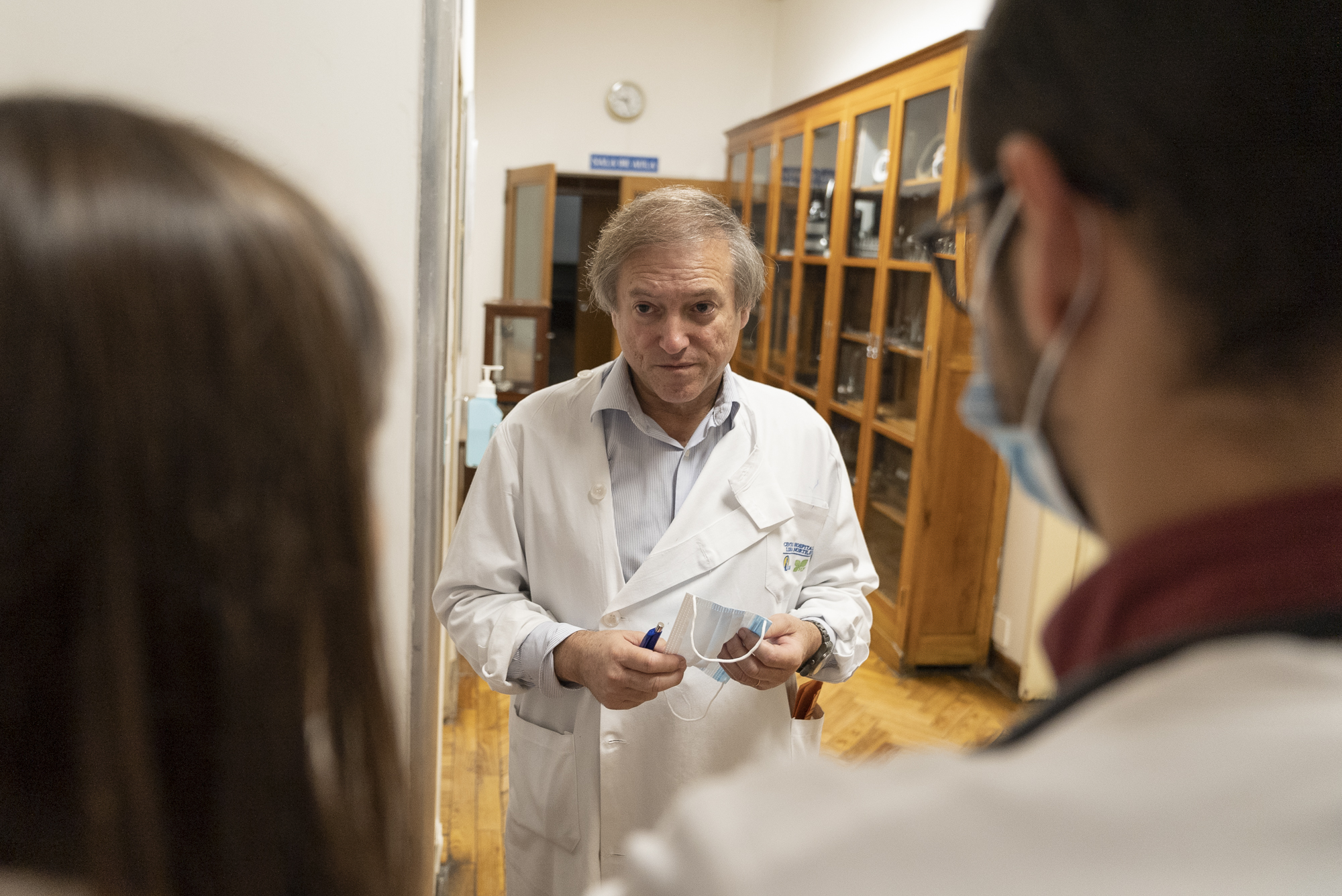
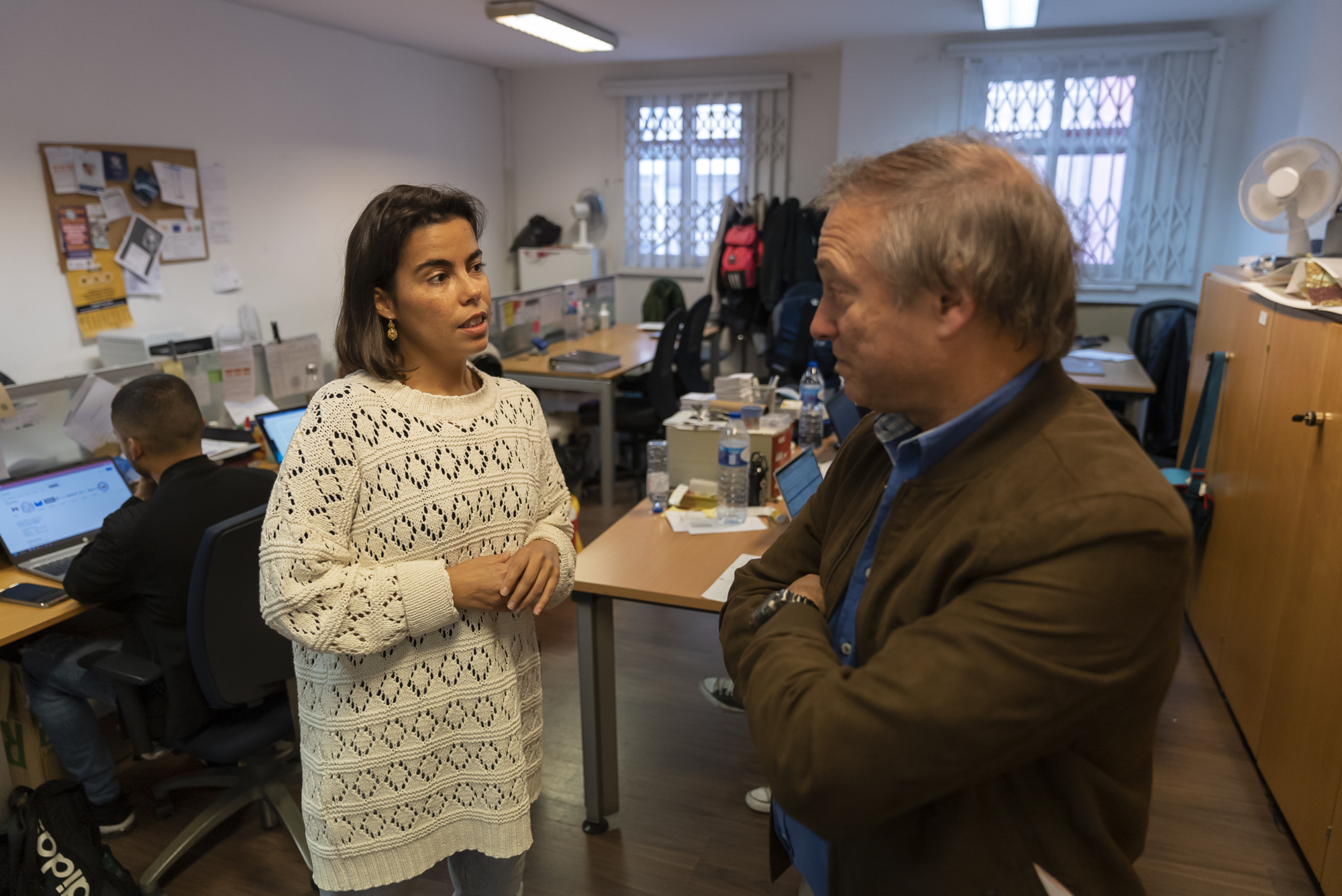
Ares do Pinhal’s supervised consumption site
Ares do Pinhal is a Portuguese NGO established in 1986 to focus on social inclusion and support for people who use drugs. Ares do Pinhal is well known in the community for its numerous methadone vans dotted across Lisboa (Lisbon). Recently Ares do Pinhal launched its first fixed-site Supervised Consumption Site (SCS), which offers both inhaling and injecting rooms for the community and also provides a drop-in centre with a café and clothes room.
When we planned our drug consumption room, we didn’t want it to be only a drug consumption room, we wanted an integrated service. So, of course, we have the venous room and the smoke room, but we also have many other services. Our clients can have some food, take a shower, get some new clothes, get treated by a nurse, have an appointment with the general clinical doctor a psychiatrist, a psychologist, or with a social worker. For us, it doesn’t make any sense without this integrated service.
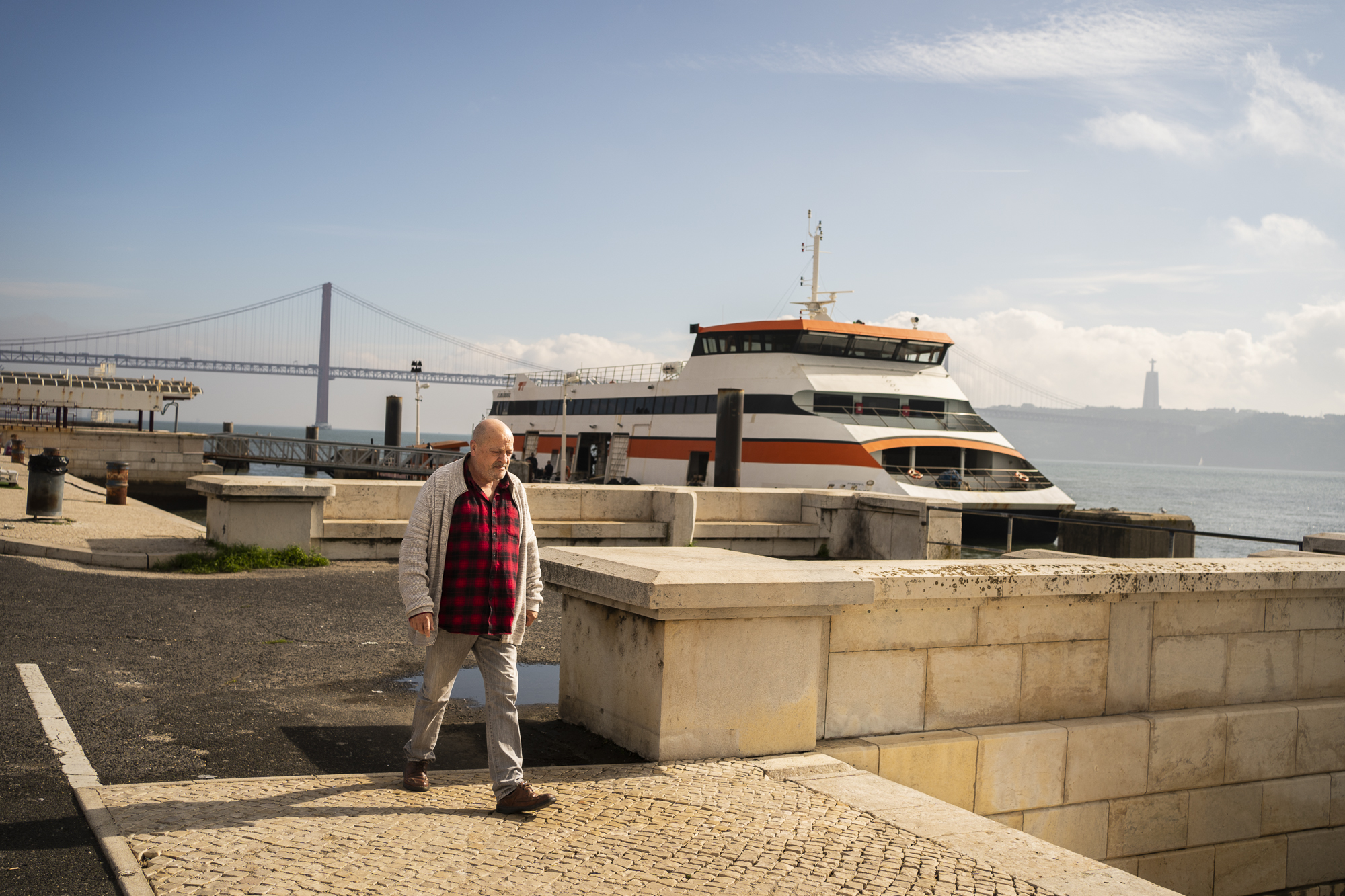

As a nurse that was passionate about harm reduction, it was vital for Paulo Caldeira that the medical team he managed at Ares do Pinhal’s supervised consumption site empathetically and proactively provided community members with Point of Care Tests (POCT) for HIV, hepatitis B & C and also syphilis.
Angela and Bruno have accessed methadone through Ares do Pinhal’s methadone van program for several years. They were among the first to come and visit the SCS when it opened.
You can go and use there, and they have pipes, and they have kits, and you can stay there and smoke. Also, you can have coffee, and they give you food and for a woman, it’s very hard even to shower because it’s somewhat dangerous if you know what I mean. And it’s very hard, very hard.
Ares do Pinhal’s client Angela.
After becoming regular visitors to the SCS and developing a relationship with Paulo Caldeira, the couple approached him about a needle stick injury a few months earlier that they worried might have infected them with a blood-borne disease. Paul was able to quickly confirm that, indeed, the couple were both living with hepatitis C and quickly initiated treatment. When discussing the treatment plan, the couple acknowledged that their fluid lifestyle meant collecting a week’s worth of medications would be best when visiting the nearby Ares do Pinhal’s methadone van. After completing their treatment in early 2023, the pair’s SV12 tests confirmed they had successfully cleared hepatitis C.
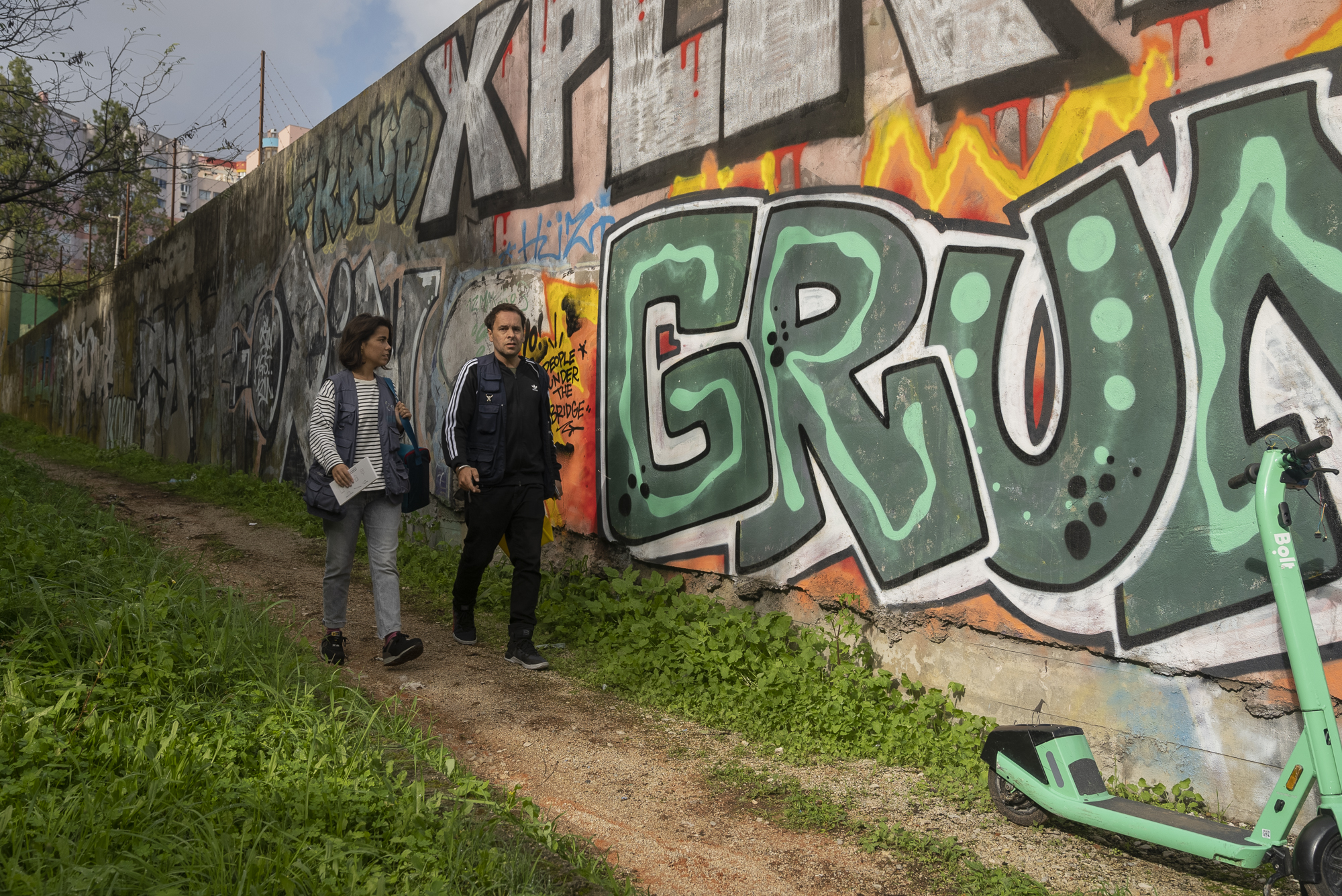
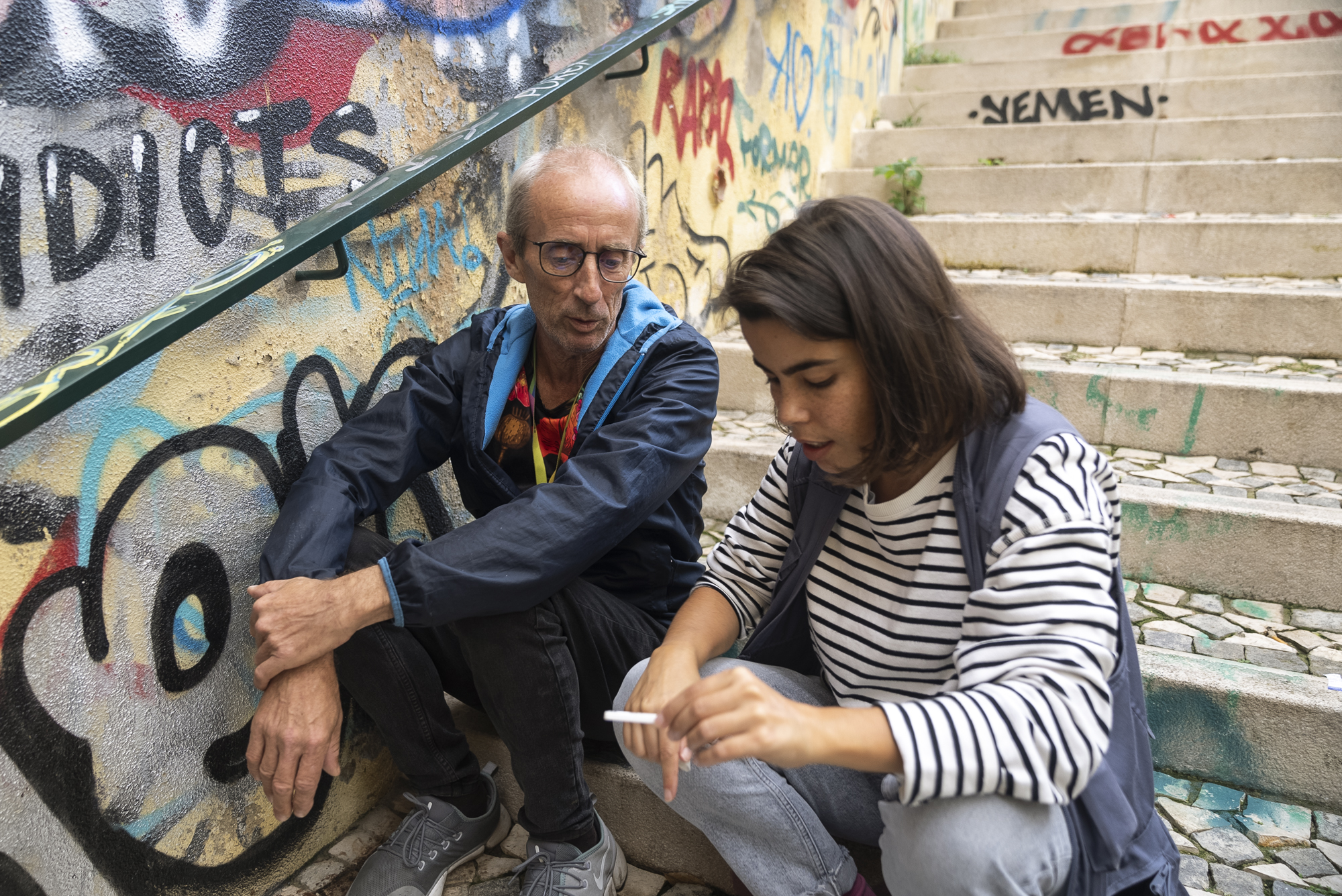
IN-Mouraria’s low threshold harm reduction service
Mouraria is a vibrant neighbourhood on the steep streets leading up to Lisbon’s ancient São Jorge Castle. Mouraria has traditionally been a neighbourhood with a sizeable street-based drug scene. In recent decades as the neighbourhood’s gentrification has intensified, there have become fewer spaces in the neighbourhood for the more marginalised community members.
For this reason, the Portuguese Group of Activists on HIV Treatments (GAT) decided to launch IN-Mouraria. IN-Mouraria is a low threshold harm-reduction centre-based and drug consumption room that offers several free, confidential services, including a safe place to inject and smoke drugs, primary healthcare, drop-in opportunities (with peer support and access to food, clothes, hygiene, telephone and internet), Point of Care Tests for HIV, hepatitis B and C and syphilis as well as referrals to infectious disease clinics and other social services.
Malu Salazar always has a warm smile as the coordinator of IN-Mouraria and most days is the one to welcome community and staff members. Clients can come just to grab some food or go to the social worker, to the nurse to have access to our mental health appointments or just to chill in the drop-in centre or just to use or inject or smoke in a safe space.
We welcome between 60 to 80 people per day, and people can come here to have access to different kinds of services such as peer counselling because we always have peers working here and welcoming and people. The first face that you see when you enter is usually me, a person with similar experiences.


Anastasia is a regular visitor IN-Mouraria and can often enjoy a cup of tea and a long chat with coordinator Malu or other staff members and peers. As a trans woman experiencing homelessness on the streets of Lisboa for many years, it was genuinely life-changing when Anastasia was recently housed through GAT’s first program.
It was also significant that Anastasia was housed in their neighbourhood, Mouraria, ensuring they could still regularly drop in, pick up injecting supplies,and see staff for any health or social concerns.”I come to the GAT-In mortaria to get consumables, like pipe, silver, and sometimes some hygiene products. I also come here for psychiatric consultations, which are important as I’m taking medication for this.”
CRESCER takes hepatitis C testing to the streets
CRESCER was founded in 2001 by Portuguese psychologist Americo Nave with “the philosophy of harm reduction and damage minimisation. What this implies is that we work side by side and together with people, and it’s they who define their own goals. “CRESCER” helps people to achieve their goals.
Basically, risk reduction for us is believing in people and believing in their goals, that is, that people are legitimate, valid and citizens like any other person with rights and duties.
Americo Nave, director of Crescer.
CRESCER’s Reach_U project has focused entirely on taking hepatitis C testing and treatment on the streets and homes of drug users. Over the past few years, Ines Marinho has worked as the dedicated hepatitis C nurse on Reach_U alongside her colleague peer educator Martino Dias. The nimble team of two can move quickly and work efficiently to reach people wherever they may be to test them for hepatitis C and link them to treatment if needed. Ines realises that many street-based drug users have complex challenges and needs. Hepatitis C is not even close to a top priority in their lives; however, if the testing is done quickly and treatment is then provided in a way that works for the person, there is every chance of them succeeding in clearing hepatitis C.
Reach_U uses hepatitis C point-of-care tests that give a result within an hour. Once they have the result, staff either call the client or ensure they return to inform them of the result. This method means that the organisation has never had anyone refuse treatment, with most very interested in the process, due to the fast diagnosis. Since starting, the organisation has tested almost 600 people in two years, treated almost 40, and all of them accepted immediately.
CRESCER coordinator Cristiana Merenderio believes her organisation has learnt much over the past two years with the Reach_U project.
The biggest learning is about the decentralisation of care, the importance of meeting people where they are and providing testing to treatment in this environment.
CRESCER, GAT, and Ares do Pinhal are all working in different ways to provide hepatitis C testing and treatment for some of Lisbon’s most marginalised drug-using communities. The organisations are provided hepatitis C care not in isolation but instead framed within broader health services, social support and through housing first initiatives that seek to holistically improve the quality of life long term
